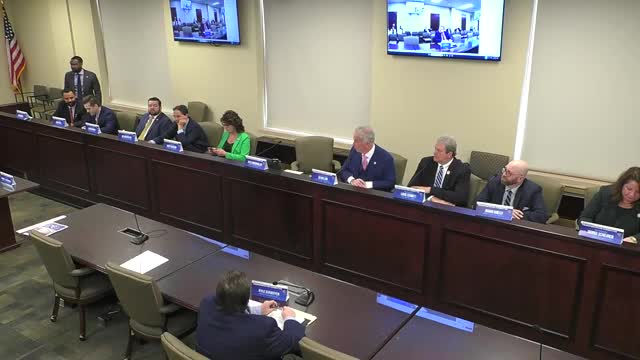Article not found
This article is no longer available. But don't worry—we've gathered other articles that discuss the same topic.
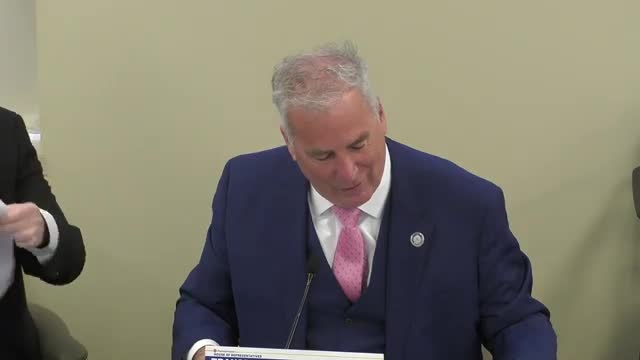
Committee reports resolution designating April 2025 as Distracted Driving Awareness Month
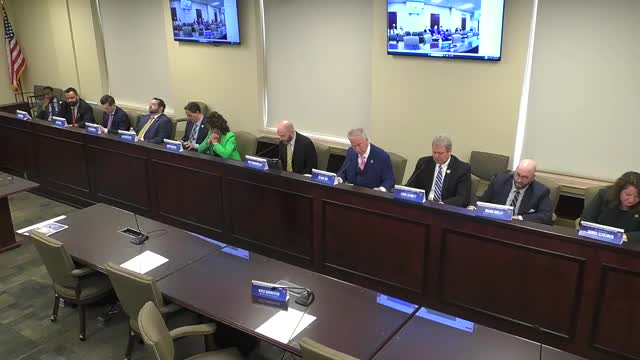
Committee reports resolution recognizing May 10, 2025 as National Train Day in Pennsylvania
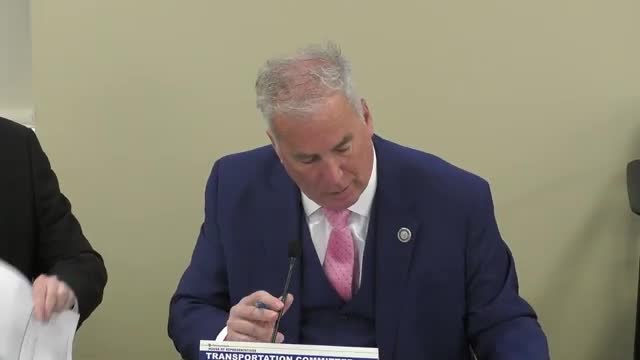
Committee reports resolution designating April 21–25, 2025 as National Work Zone Awareness Week
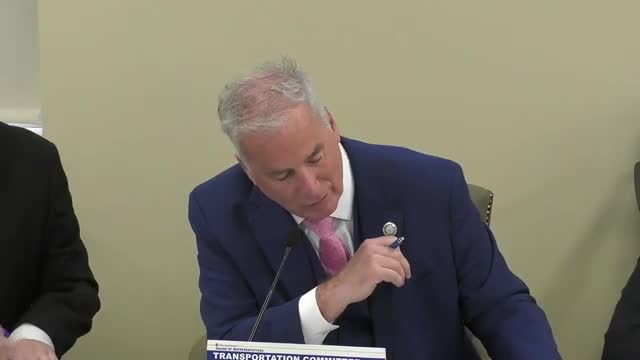
Committee agrees amendment and reports bill to allow limited CDL reinstatement with restrictions
